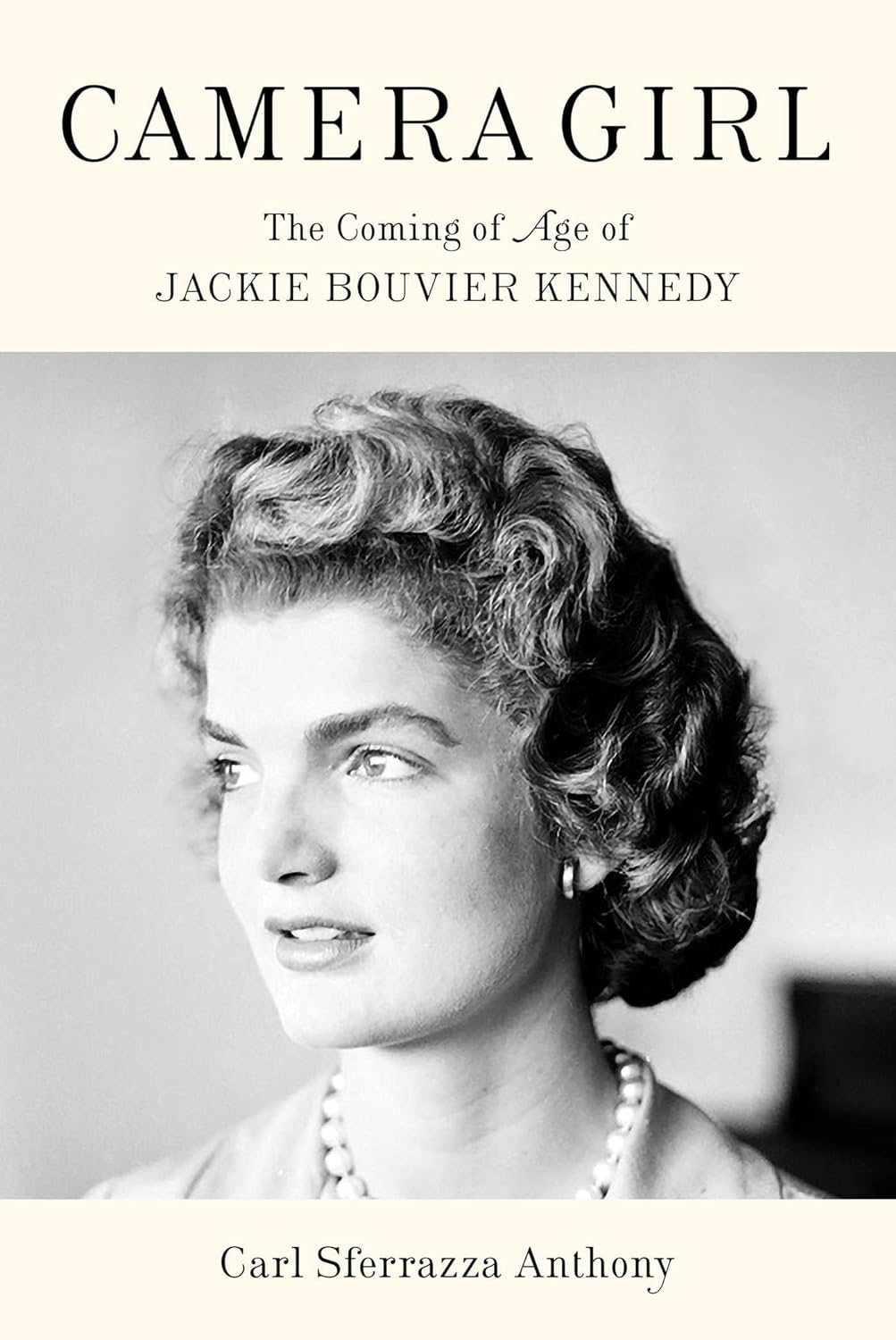Less than a decade before she became the world’s most photographed woman, Jacqueline Bouvier regularly worked behind a camera for the Washington Times-Herald, soliciting opinions from the capital’s ordinary residents and taking their pictures. “Camera Girl,” Carl Sferrazza Anthony’s new biography of the young Jackie, illuminates this portion of her life; the chapter titled “Inauguration” does not take a reader to the snowy, ask-not-what, pillbox-hatted noontime of January 20, 1961, but to the day, eight years earlier, when Dwight Eisenhower assumed the Presidency. That afternoon, Jackie was on assignment for the paper, writing a feature about the people who had turned out for Ike’s parade. That night, she attended an inaugural ball as a guest of the new Massachusetts senator John F. Kennedy.
The real business of her evening was conducted during a cocktail party at Kennedy’s house. The senator’s friend Lem Billings told Miss Bouvier that anyone who married Jack would “have to be very understanding” about how he “had been around an awful lot” and “known many, many girls.” However delicately put, the message was as clear as a declaration that the United States intended to remain in Berlin: Kennedy’s bride should expect him to continue cultivating and maintaining a vast array of female alliances.
“Camera Girl” (Gallery) makes plain that the young Jackie was clever and educable, a woman who preferred her own curricula—books, socializing, and travel—to anything imposed by the schools that she attended. Two years at Vassar, in Poughkeepsie, left her unimpressed. Anthony offers some shaky evidence that she may have been expelled for breaking curfew, but the likelier explanation for her departure was that she’d spent her junior year at the Sorbonne, through a Smith College study-abroad program, without Vassar’s permission.
It was in postwar Paris, Anthony writes, that Jackie perfected a knowledge of “how to be ‘on,’ to make an intentional impression, to invent herself into a character.” She acquired a small Leica camera and brought it on her travels throughout France, subordinating schooling to adventure, though she managed to do fine at both. On June 9, 1950, she wrote to her mother:
I’ve had three of my four exams already and all went quite well. My international relations one was on the opposing policies of Austria-Hungary and Russia in the Balkans from 1900-1914. The night before I got in from . . . the biggest ball of the season in Paris in this beautiful old 17th century house on the Ille-St.-Louis . . . I got in at 6 a.m. and had the exam from 8:30 a.m. till noon, then went out to lunch . . . quite a day, but I knew all about the Balkans!
